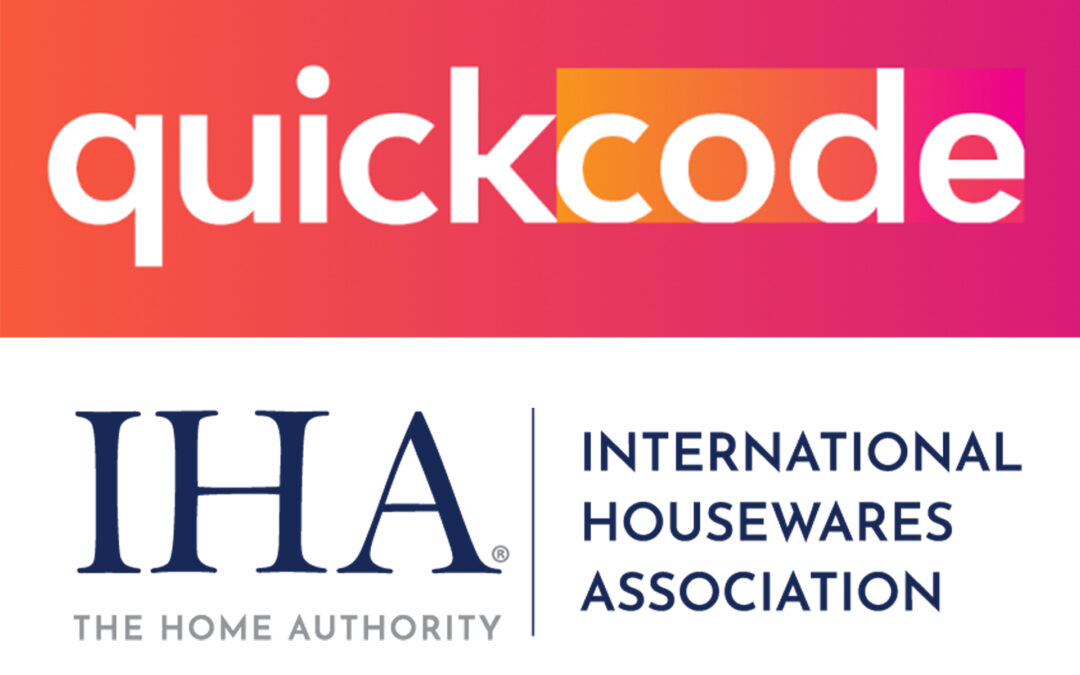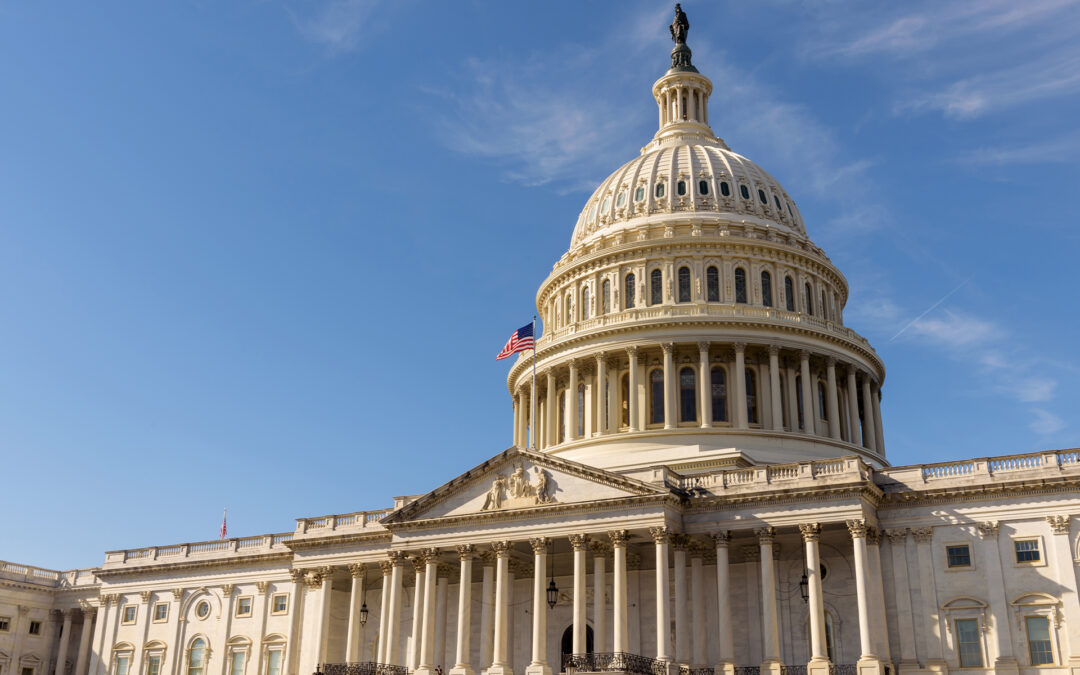The National Retail Federation is questioning the broad sweep of tariffs just announced by President Donald Trump and has released results of a survey of registered voters revealing their concerns about the tariffs.
David French, National Retail Federation executive vice president of government relations, said the Trump administration’s announcement of reciprocal tariffs on all trading partners is creating a more worrisome general economic climate.
“More tariffs equal more anxiety and uncertainty for American businesses and consumers,” French said. “While leaders in Washington may not care about higher prices, hardworking American families do.”
In addition, French maintained tariffs will have a disproportionate impact on local communities and will be especially harmful to small retailers, a prospect he said disturbs many consumers, as do the effects on vulnerable populations from the seniors to farmers.
“Tariffs are a tax paid by the U.S. importer that will be passed along to the end consumer,” French said. “Tariffs will not be paid by foreign countries or suppliers. Even more so, the immediate implementation of these tariffs is a massive undertaking and requires both advance notice and substantial preparation by the millions of U.S. businesses that will be directly impacted. We encourage President Trump to hold trading partners accountable and restore fairness for American businesses without creating economic uncertainty and higher prices for American families.”
According to the survey conducted for NRF by Morning Consult, more than half of voters believe the proposed tariffs will negatively impact vulnerable communities and industries including small businesses, blue collar workers, rural communities, families with young children, low-income households, the elderly or farmers. The survey also determined most voters believe the government should make bringing down inflation and the cost of groceries their top priority rather than emphasizing potentially price-raising actions, such as imposing additional tariffs, NRF indicated.
Three-quarters of the registered voters surveyed said the government’s top priority this year should be tackling inflation and bringing down the cost of groceries and other everyday necessities, compared with just 37% who believe the government should focus on cutting the trade deficit. The survey revealed voters worry the new White House tariff policy will raise prices on groceries, a consideration for 76% of voters; medicine, for 71%; household supplies, for 67%; and clothing, for 66%.
In thinking about their local markets, 56% of voters surveyed by NRF expect the tariffs will raise the cost of goods and services for small businesses, businesses survey respondents identified as critical. Among the NRF survey respondents, 88% indicated local operators play an important role in their community’s economy. In contrast, 81% of voters indicated regional businesses are very or somewhat important to their local economies, while 79% said national businesses and 65% said international businesses are as important. Moreover, 81% voters surveyed said they are very or somewhat concerned about local small businesses closing, given evolving market conditions. Industries — such as retail, for which 99% of businesses have fewer than 50 employees — are particularly vulnerable, NRF noted, pointing out 54% of voters believe the new tariffs will harm retail, compared to 23% who believe the tariffs will help the industry.
Many consumers expressed apprehension about the implications of tariffs imposed on U.S. neighbors and allies, such as Canada, noted by 66% of respondents; Mexico, by 64%; and Europe, by 62%. Voters feel most strongly about tariffs on Canada, with 48% of respondents indicating they are opposed to tariffs on Canada versus 39% who support them, a wider margin than with other countries.





